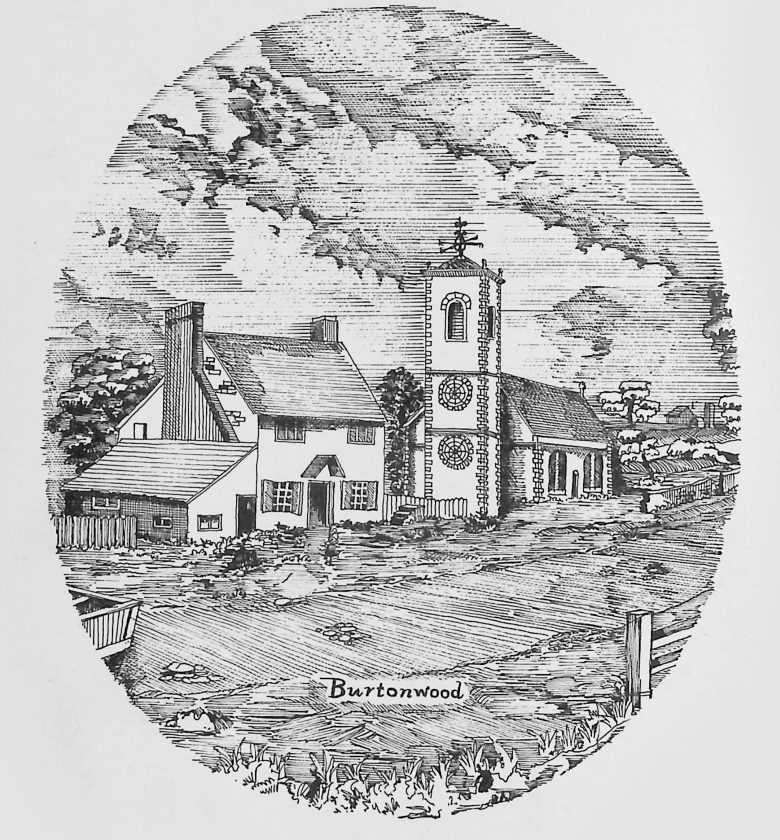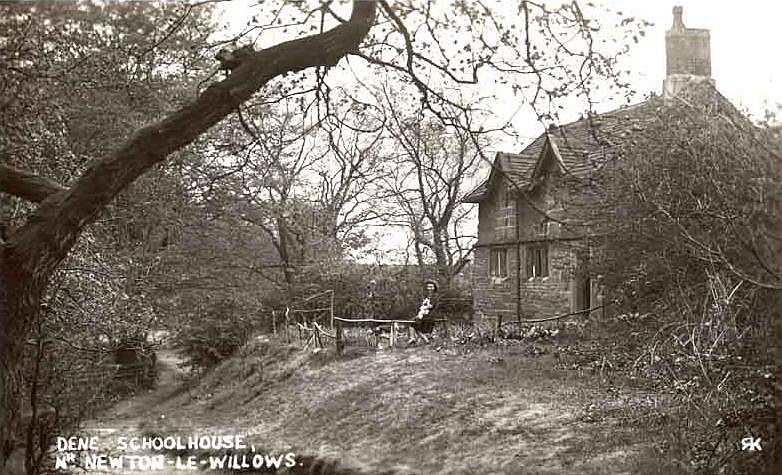“THE CONFIDENCE TRICK.”
The men who work the confidence trick are pests to any society. Parasites will live on anything, or anybody and do anything but real work. The confidence men go about their job according to the circumstances they find themselves in. For instance, you will perhaps be looking at your race-card when you are addressed by a very smartly dressed man: “Excuse me, but would you mind lending me your pencil for a moment or two? Unfortunately, I must have lost mine. They are such elusive things pencils. Dont you think so?”
You hand him your pencil saying: “You can use this with pleasure.” “Thanks awfully. By the way, did you touch the last winner?”
If you answer “No,” it makes the going all the easier for him, as he proceeds: “Im not surprised, few backed it, but we, that is, my pal and I, touched out. Of course, we get the goods, not too often bear in mind, but what we do get we can rely on it. You see, my pal has a brother-in-law who owns horses, in fact, he has a couple at this meeting.” Then he lowers his voice as he whispers in your ear, ever so low : ” But they are not trying. Of course, I wouldnt tell anybody. Understand?”
If you are a “mug,” you certainly understand. If you are not a “mug,” you?well, you ask for your pencil back.
Yes, get your pencil off him, as he wont even offer it you back. Alls fish that comes to the net, with the confidence trickster. In this case you are a ” mug ” and you certainly understand. He proceeds: “Im just waiting for my pal to bring the ” doings ” off the last race; hes rather late, I know, but you see he goes across to the guinea ring; he can get better prices there, and his brother-in-law comes out of the paddock to him on the quiet. He puts on for him, as you know as well as I do that it wouldnt do for an owner to back another horse in a race in which he has one running. It wouldnt. Now would it?” Like a “mug ” you answer, “It wouldnt.”
And “mug”-like you think youve struck oil. At this juncture the pal appears on the scene. The new arrival appears not to notice you as he says in rather a loud voice for your benefit: ” Ive drawn it all right; you see with having to put such a lot on I had to go to two bookies.” “By the way,” says the man who still has your pencil, “Let me introduce you to my new-found benefactor. I had lost my pencil, so he very kindly lent me his. This is Mr.?” “Brown,” you answer. “Mr. Brown, Mr. Smith, and Im Mr. Jones; so now we all know each other. Well go and have a quiet drink as we settle over the last race.” “It does look a bit off settling out in the open,” says Mr. Smith, who has rolled up with the winnings. Into a quiet corner of one of the drinking saloons the two settle, and its in this corner the pigeon gets plucked. “I put five pounds for a win and one for a place for each of us,” says Mr. Smith to Mr. Jones. ” I would have put more on, only when so-an-so, you know, came out of the paddock.” “Its quite all right,” interrupts Mr. Jones, who still has your pencil. ” You neednt be afraid of saying names, Tom. Our friend here is a John Bull and he knows whatever is said between us it is in strict confidence. Isnt that so, friend?” “I wont turn it over to anyone,” says the “mug.”
At that the name of one of the race-horse owners is whispered in his ear by Mr. Smith (otherwise Tom), who then proceeds: “We will call my brother-in-law Tony, and you will know who I mean. Well Tony came out of the paddock and handed me twenty pounds to put on for him, that with the six pounds each of ours made thirty-two in all. You know it doesnt do to put all on with one bookie, so I spread it, and that is why I was rather late in getting back to you.” “Here, waiter, the same again for these three.” Of course, the “mug ” offers to pay, but they appear insulted at the offer, as Tom proceeds: “You are our guest, old boy, wouldnt dream of letting you pay for anything. Here, have a smoke. Well, as I was saying, I would certainly have put more on only for Tony.” “Why didnt you put the whole ten pounds on I gave, for me, and never mind Tony?” asks Mr. Jones, who still has your pencil.
“For the simple reason,” answers Tom, “that Tony has a cast-iron one for the last race and he says we must plunge on it. You know what Tony means by a plunge.” “Did he tell you what it was?” “No, he didnt. Said it was too dangerous even to whisper its name, but I must get across to the paddock as soon as the numbers for the last race go up. Five pounds for a win at four to one and one pound for a shop at evens makes it twenty-seven pounds each. Isnt that correct?” asks Tom. “Quite correct,” answers Mr. Jones.
Then Tom pulls a handful of silver out of his pocket and perhaps a sovereign or a half-sovereign and makes the “mug ” believe he is going to pay Mr. Jones the twenty-seven pounds. He gets no further than showing the silver, as Mr. Jones, who still has your pencil, exclaims: “Just a minute, Tom, whats the use of giving me the twenty-seven pounds, Ill only have to give it you back and more besides to put on the last race, because you know, if Tony has a “cert” it is a “cert,” and Im having all on. I could risk my shirt on it when Tony says so.”
You can scarcely credit it, but there are “mugs ” even now with all our expensive education who believe such rubbish as confidence tricksters dish up. This “mug ” believes they are going to put more than, the twenty-seven pounds on his “dead cert” and he intends to have as much on as he can raise. They will see to that before they have finished with him.
The stock-in-trade of the confidence men is guile and deception. It has even been known that they have talked in such. a manner to a victim as to make him believe that it is with great condescension they are letting him have any money on at all. The man that still has the “mugs” pencil says, “Ill tell you what well do, Tom. Another three pounds each well put to it, and perhaps our friend here would like to avail himself of having a bit on.” “I dont know whether it would be wise for us to let our friend have any on,” says Tom. ” You know as well as I do,. that if it leaked out in any shape or form that Tony was giving secret information away, they would have him warned off the turf. Dont think for a moment, my dear friend,” continues Tom, addressing the “mug” now, ” that we cant trust you, but Tony has such information, valuable information, that it behoves him to be very, very careful to whom he gives it. In fact, he is even going to write down the name of the winner of this last race that I have to back for him, so that he can truthfully say he told no one. Now you understand why we have to work so secretly.” “Ill give you my word,” says the ” mug,” ” that I will not tell a living soul, so long as I can have a bit on; thats all I care about.” “Well, what do you say about having thirty on with us?” asks Tom, “but for heavens sake, keep it secret. Its money for old rags.”
The “mug ” may not have thirty shillings and, of course, he may have more than thirty pounds. Whatever amount of money he has it does not matter. These two twisters, rogues, or whatever you like to call them, have told the tale so well that the ” mug ” is induced to part with all the money he has. Having done that, arrangements are made where the three shall meet to divide the winnings. It being the last race, and everybody rushing away at the finish, a pub in the town is selected. The “mug ” waits there to receive his winnings; while the two tricksters catch the first train away from town and divide their ill-gotten gains. The “mug ” even loses his pencil.



